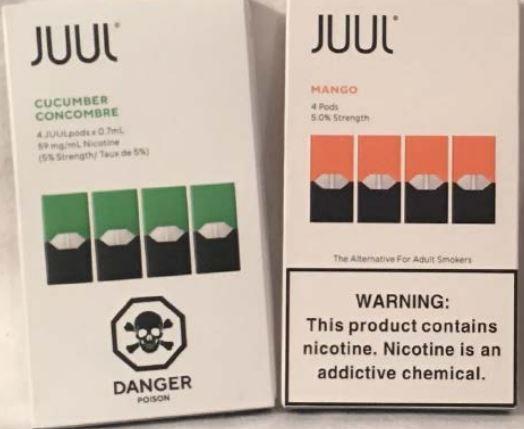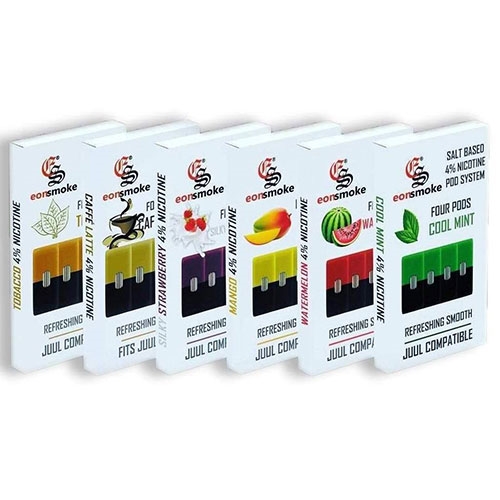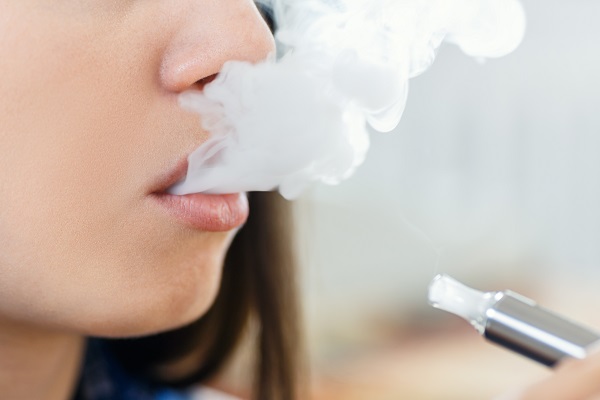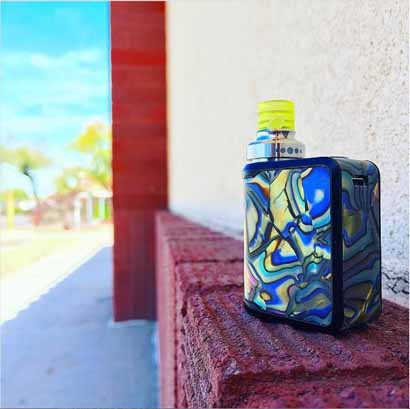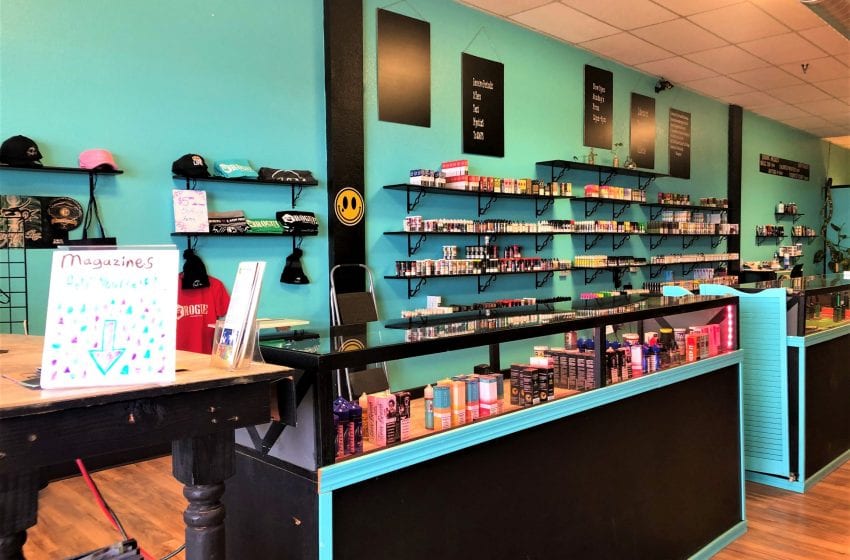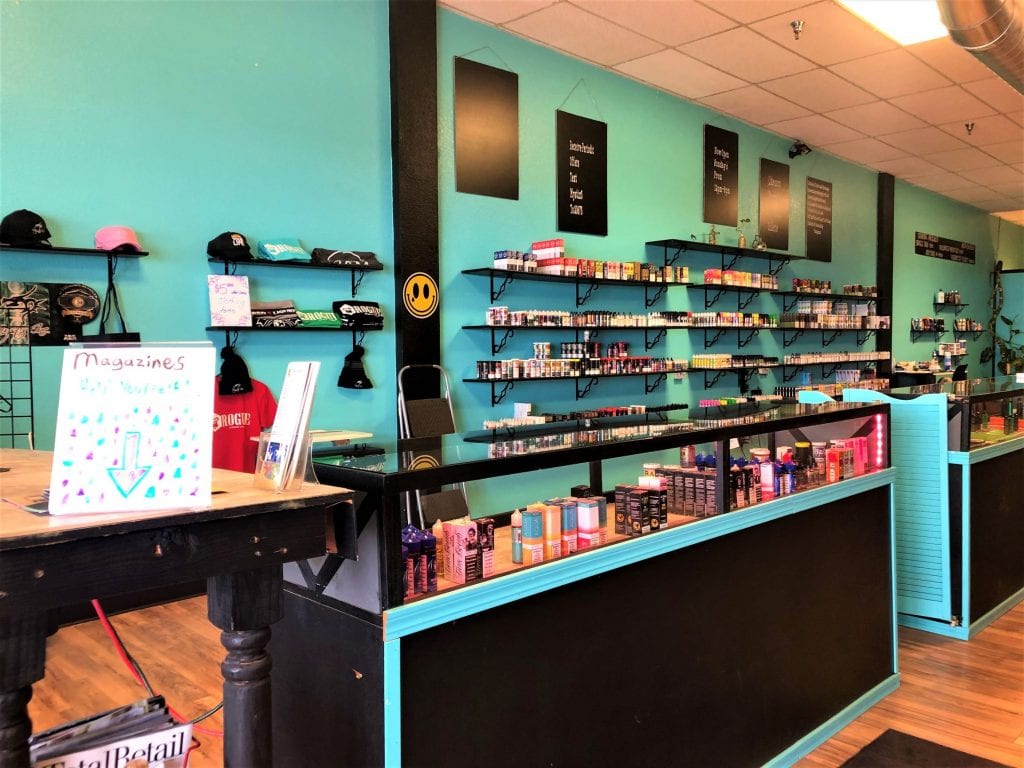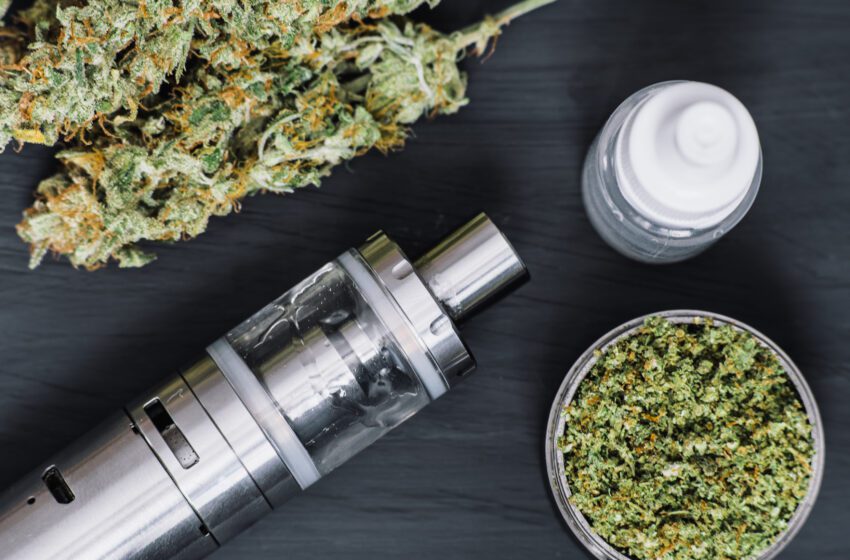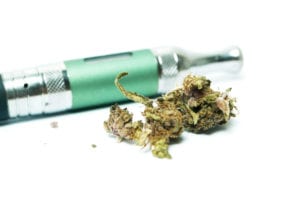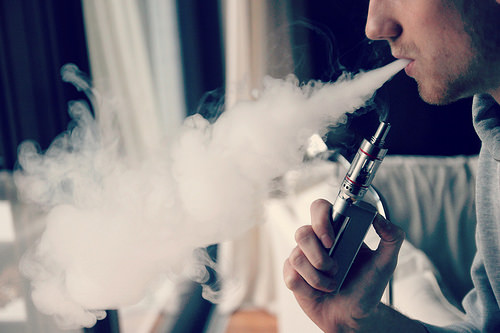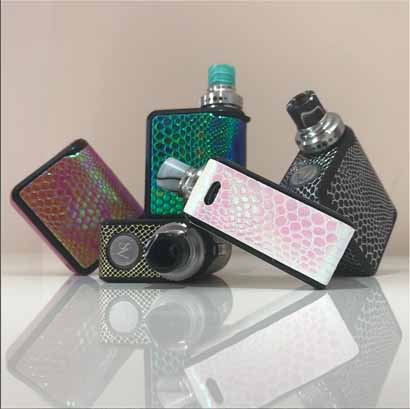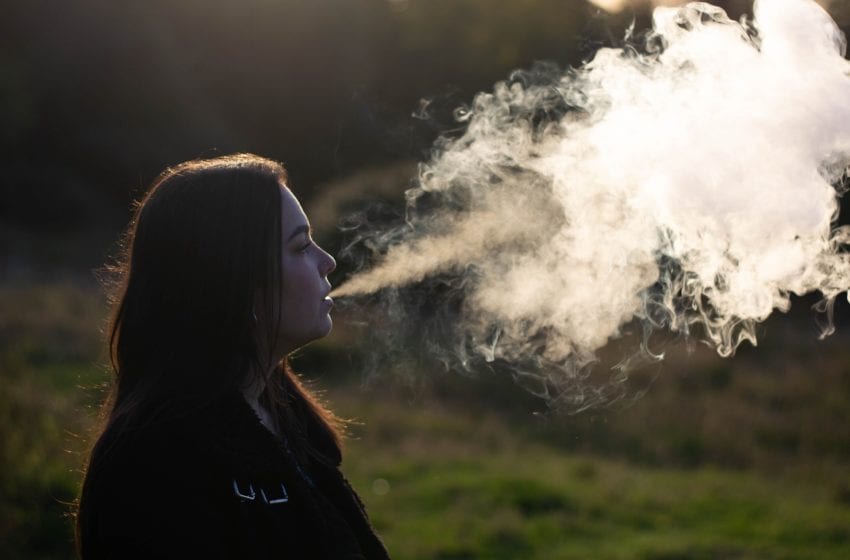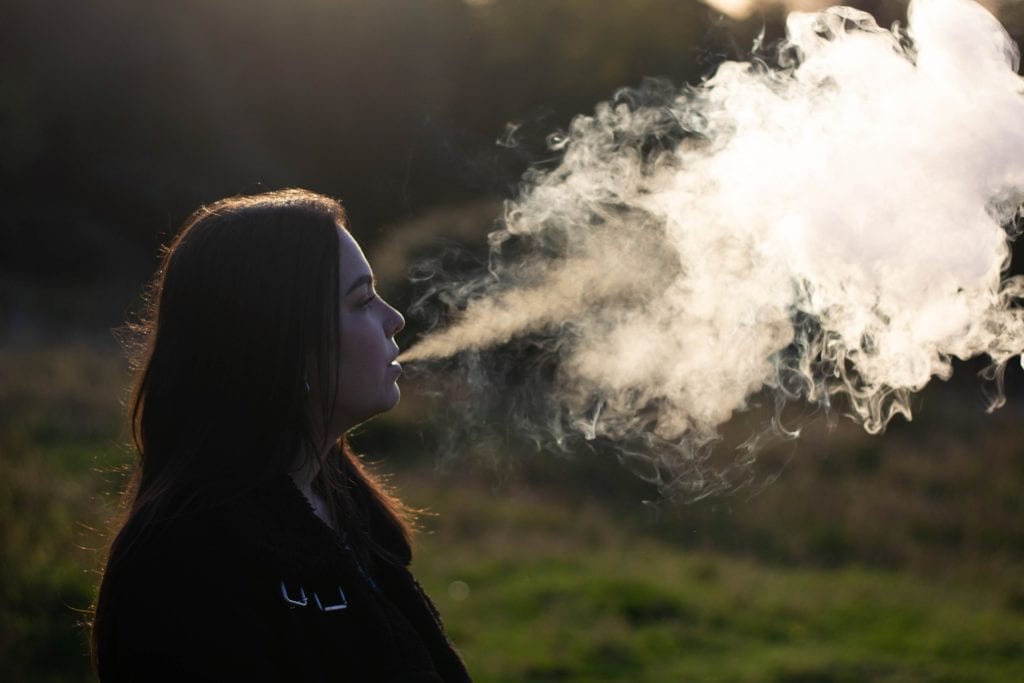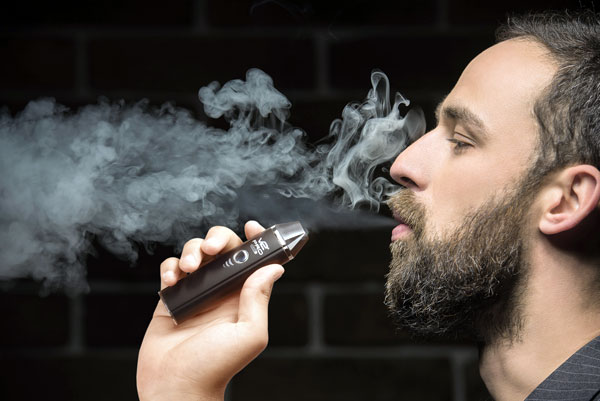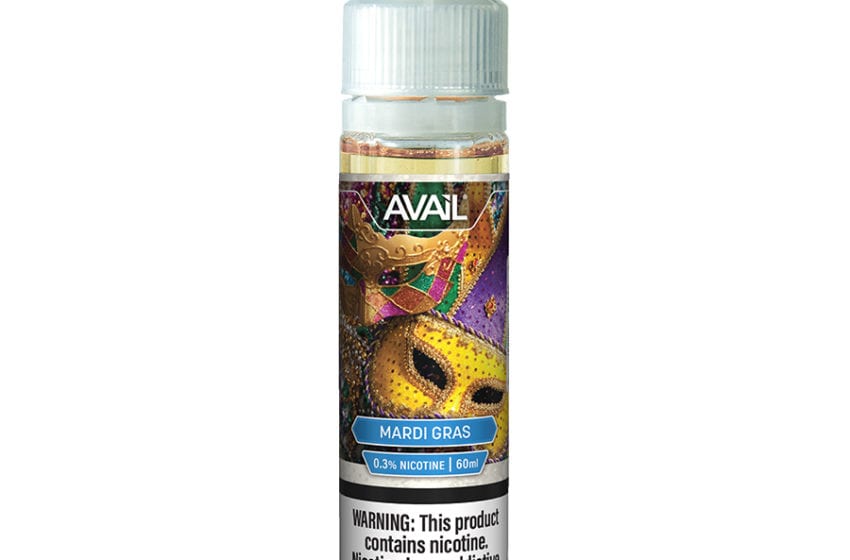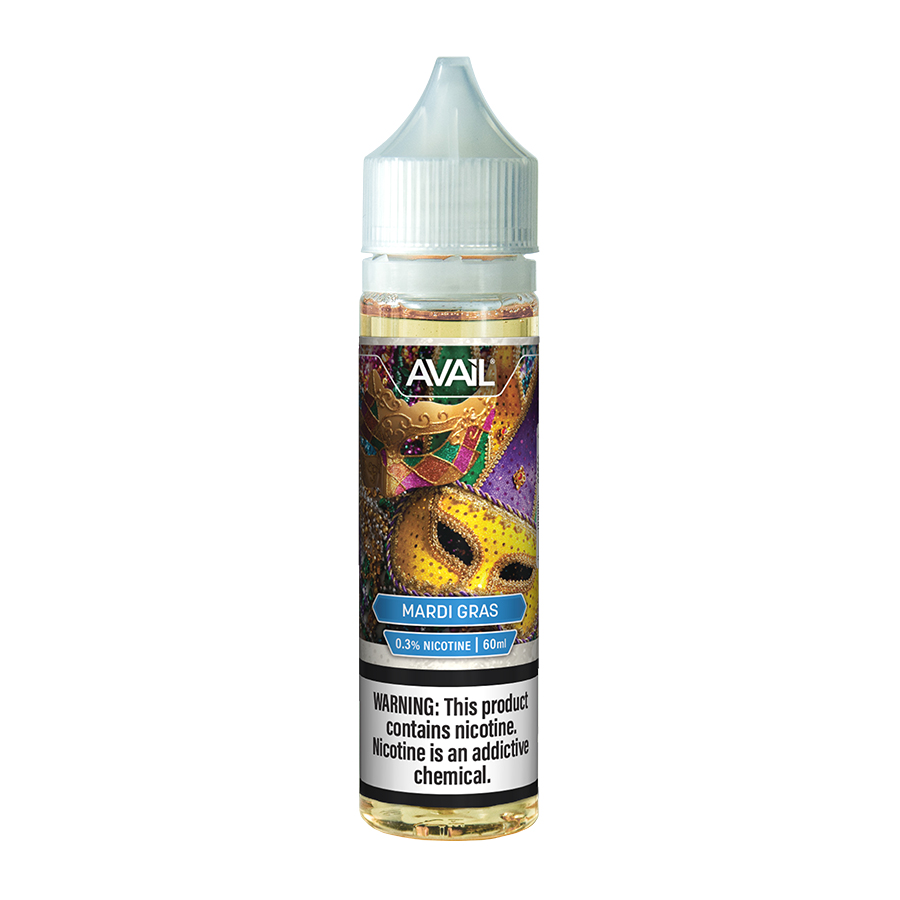
Illinois has already hit the $300 million mark for marijuana sales this year. July had the most sales of any month, according to state figures.
July cannabis sales hit $61 million, which is up from $47.6 million in June and $44.3 million in May, according to the Illinois Department of Finance and Professional Regulation and New Frontier Data, according to the Associated Press..
One reason for the increase in sales could be the customers’ ability to order online, which many dispensaries started to keep lines down, the Chicago Tribune reported.
“We got a lot better at being able to get people in and out because of the online order reservations,” said Jonah Rapino, spokesman for NuEra, which has dispensaries in Chicago, East Peoria and Urbana and recently changed its name from NuMed.
The amount of money that customers spend at dispensaries has also increased. The average transaction was $126 in the first three months of the year but increased to $150 in April, May and June, according to Washington, D.C.-based New Frontier.
Greg Butler, chief commercial officer at Chicago-based marijuana company Cresco Labs, said the pandemic could be credited to the increase in demand, too.
More product availability could also be a contributing factor to the high demand. During the beginning of the year, there were some supply issues. The Tribune previously reported that dispensaries said they needed more marijuana and employees.
Butler noted that many facilities that grow marijuana expanded operation, and those products started hitting the shelves over the summer. Cresco expanded at some of its facilities and increased production at its Joliet location.
“With supply picking up, it has allowed customers to purchase that extra product or two that might not have been available,” said Michael Mandera, general manager of the Herbal Care Center dispensary.


